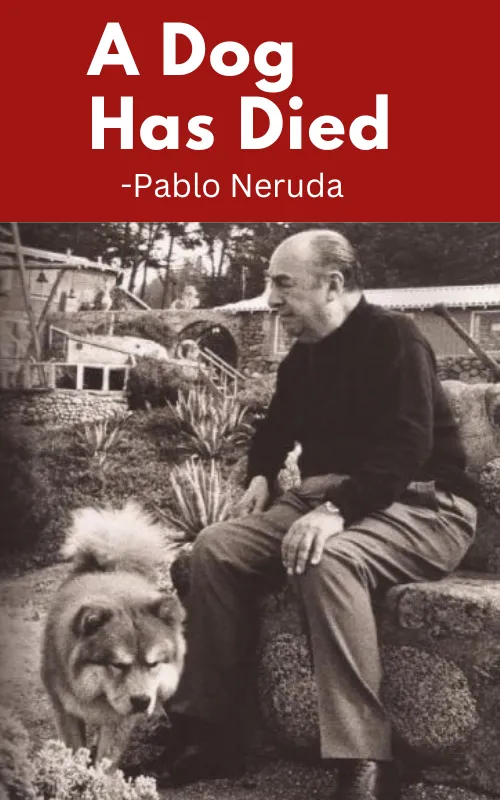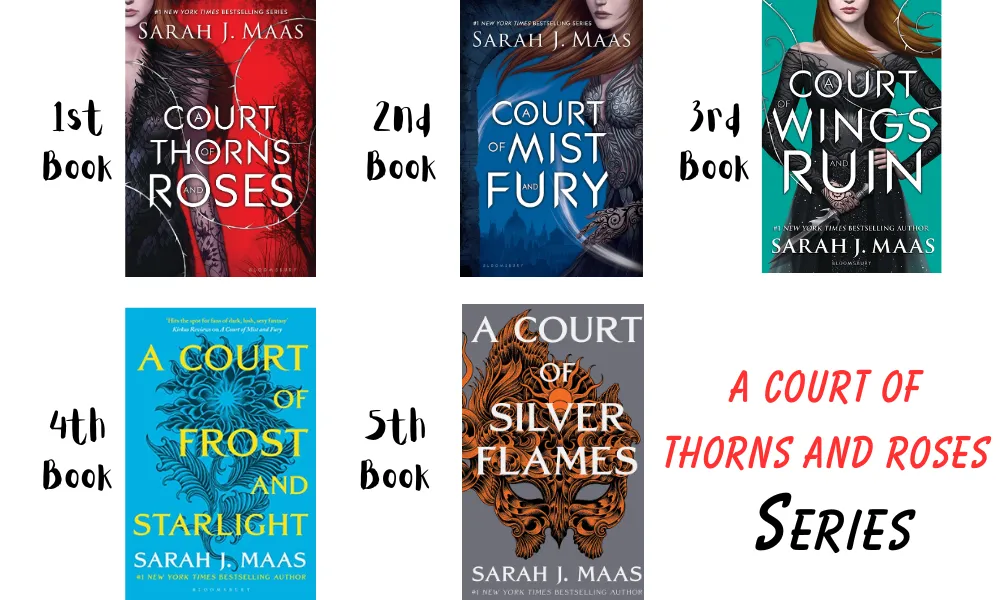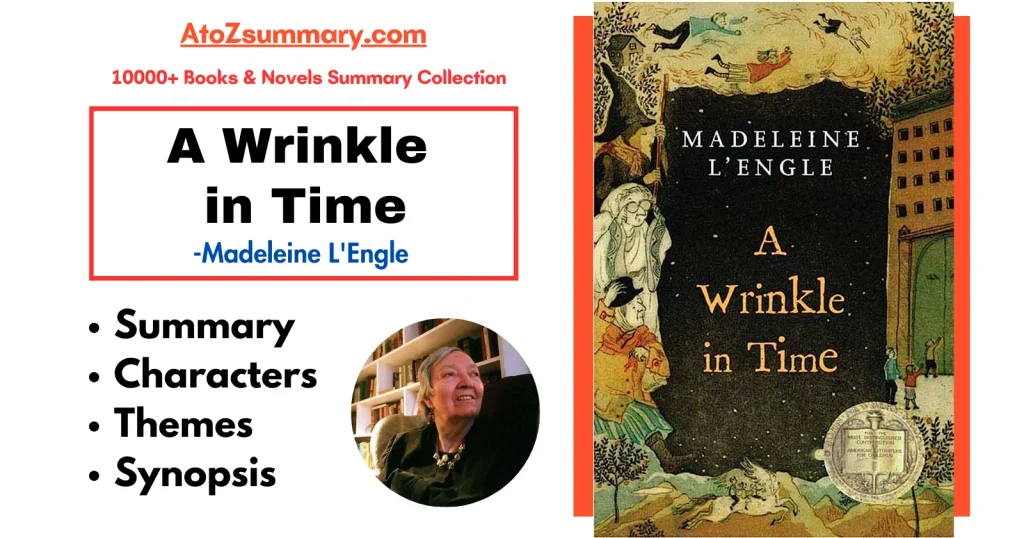About the Poem “A Dog Has Died”
| Poem Title | A Dog Has Died |
| Author | Pablo Neruda |
| Publication Year | 1954 |
| Genre | Elegy |
| Theme | The death of a beloved dog and the emotions it evokes |
| Structure | Free verse (no strict rhyme or meter) |
| Tone | Grief, sadness, and deep emotion |
| Setting | Not specified, but likely in a domestic or rural setting |
| Main Characters | The poet and his deceased dog |
Themes of A Dog Has Died
The themes of the poem “A Dog Has Died” by Pablo Neruda are:
- Loss and Grief ➤ The poem explores the deep sadness and sense of loss experienced when a beloved pet, in this case, a dog, passes away.
- Love and Loyalty ➤ It reflects on the strong bond and loyalty between the poet and his dog, highlighting the love and companionship they shared.
- Mortality and Memories ➤ The poem touches on the idea of mortality and how memories of a cherished pet live on, even after their death.
- Universal Emotions ➤ It conveys the universal experience of mourning the death of a beloved animal companion, making it relatable to anyone who has experienced this loss.
“A Dog Has Died” Poem by Pablo Neruda
My dog has died.
I buried him in the garden
next to a rusted old machine.
Some day I’ll join him right there,
but now he’s gone with his shaggy coat,
his bad manners and his cold nose,
and I, the materialist, who never believed
in any promised heaven in the sky
for any human being,
I believe in a heaven I’ll never enter.
Yes, I believe in a heaven for all dogdom
where my dog waits for my arrival
waving his fan-like tail in friendship.
Ai, I’ll not speak of sadness here on earth,
of having lost a companion
who was never servile.
His friendship for me, like that of a porcupine
withholding its authority,
was the friendship of a star, aloof,
with no more intimacy than was called for,
with no exaggerations:
he never climbed all over my clothes
filling me full of his hair or his mange,
he never rubbed up against my knee
like other dogs obsessed with sex.
No, my dog used to gaze at me,
paying me the attention I need,
the attention required
to make a vain person like me understand
that, being a dog, he was wasting time,
but, with those eyes so much purer than mine,
he’d keep on gazing at me
with a look that reserved for me alone
all his sweet and shaggy life,
always near me, never troubling me,
and asking nothing.
Ai, how many times have I envied his tail
as we walked together on the shores of the sea
in the lonely winter of Isla Negra
where the wintering birds filled the sky
and my hairy dog was jumping about
full of the voltage of the sea’s movement:
my wandering dog, sniffing away
with his golden tail held high,
face to face with the ocean’s spray.
Joyful, joyful, joyful,
as only dogs know how to be happy
with only the autonomy
of their shameless spirit.
There are no good-byes for my dog who has died,
and we don’t now and never did lie to each other.
So now he’s gone and I buried him,
and that’s all there is to it.
A Dog Has Died Summary & Analysis
Pablo Neruda’s poem “A Dog Has Died” is a moving elegy for his beloved dog. The poem is simple in language but profound in its exploration of grief, companionship, and the afterlife.
The poem begins with the speaker stating that his dog has died and been buried in the garden. He then imagines himself joining his dog in the garden someday, but in a heaven “I’ll never enter.” This heaven, however, is not a place of punishment or exclusion, but rather a special place just for dogs, where they can continue to live their joyful lives.
The speaker then goes on to describe his dog’s personality. He was not an overly affectionate or demanding dog, but he was always there for his owner, providing companionship and unconditional love. The speaker contrasts his dog’s simple and pure life with his own, which is more complex and often troubled. He admires his dog’s ability to live in the present moment and to find joy in the simple things.
In the final stanza of the poem, the speaker returns to the image of the dog’s grave in the garden. He reflects on the fact that he and his dog will never be able to communicate with each other again, but he is comforted by the knowledge that their bond was real and lasting.
FAQs from A Dog Has Died
What is the message of the poem A Dog Has Died?
The message of the poem “A Dog Has Died” is to celebrate the deep bond of love and companionship between humans and dogs, and to mourn the loss of a beloved furry friend.
Why is the poet envious of the dog?
The poet is envious of the dog’s simple and joyful life.










![The Catcher In The Rye Summary, Themes & Characters [by J. D. Salinger] The Catcher In The Rye Summary, Themes & Characters [by J. D. Salinger]](https://atozsummary.com/wp-content/uploads/2023/06/The-Catcher-In-The-Rye-Summary-Themes-Characters-by-J.-D.-Salinger.webp)
